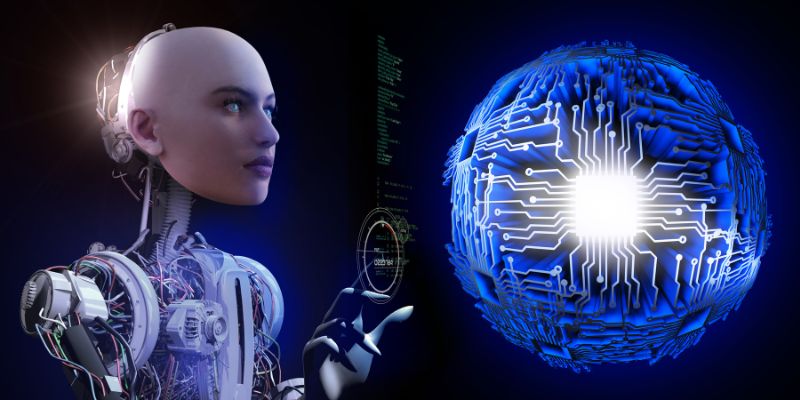
Artificial Intelligence
Artificial Intelligence (AI) is a rapidly growing field that is revolutionizing the way we interact with technology. From virtual assistants to self-driving cars, AI is changing the world as we know it. In this article, we will explore what AI is, its history, its applications, and its impact on society.
- What is AI?
AI refers to the ability of machines to perform tasks that typically require human intelligence, such as visual perception, speech recognition, decision-making, and language translation. AI systems learn from experience, using algorithms to analyze data and make predictions or decisions. - History of AI
The concept of AI dates back to ancient Greek myths, where Hephaestus created mechanical servants that were capable of independent thought. In the 20th century, researchers began developing computer programs that could simulate human thought processes. In the 1950s and 1960s, AI research gained momentum, leading to the development of expert systems and neural networks. - Applications of AI
AI is used in a wide range of applications, from healthcare to finance to transportation. One of the most common applications of AI is in virtual assistants, such as Siri and Alexa, which use natural language processing to interpret and respond to user requests. AI is also used in image and speech recognition, fraud detection, and autonomous vehicles. - Impact of AI on Society
AI has the potential to transform society in both positive and negative ways. On the positive side, AI can improve efficiency, reduce costs, and enhance the accuracy of decision-making. However, there are concerns that AI may lead to job loss, exacerbate economic inequality, and raise ethical and privacy concerns.